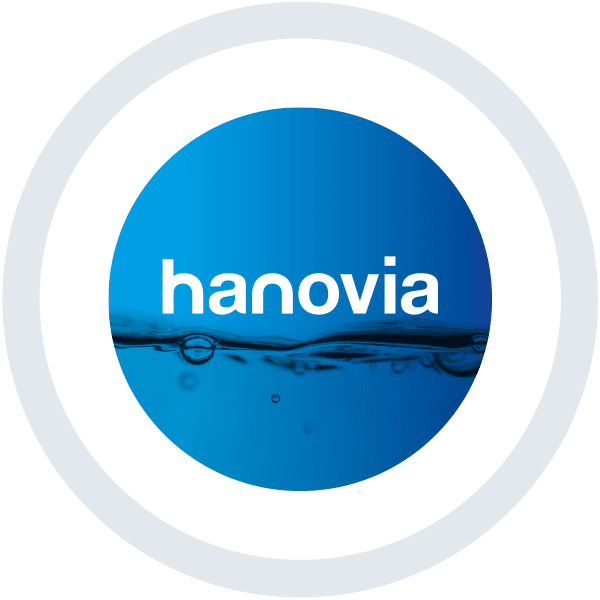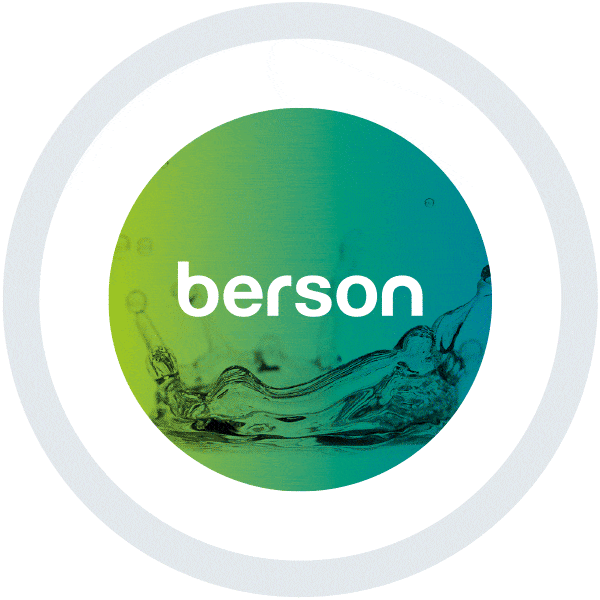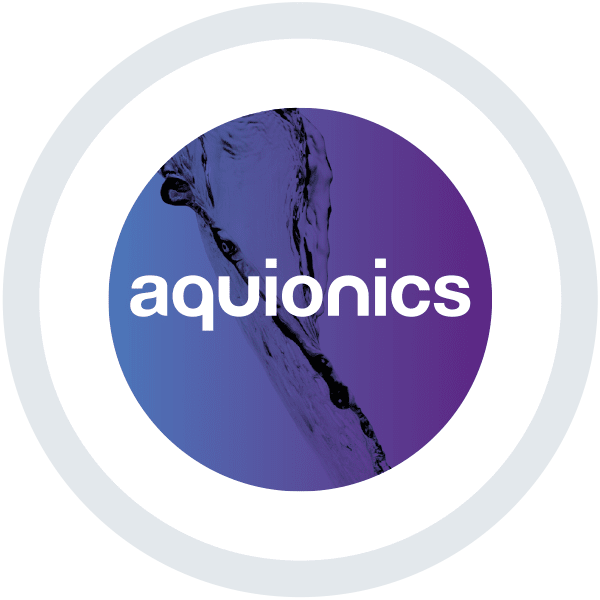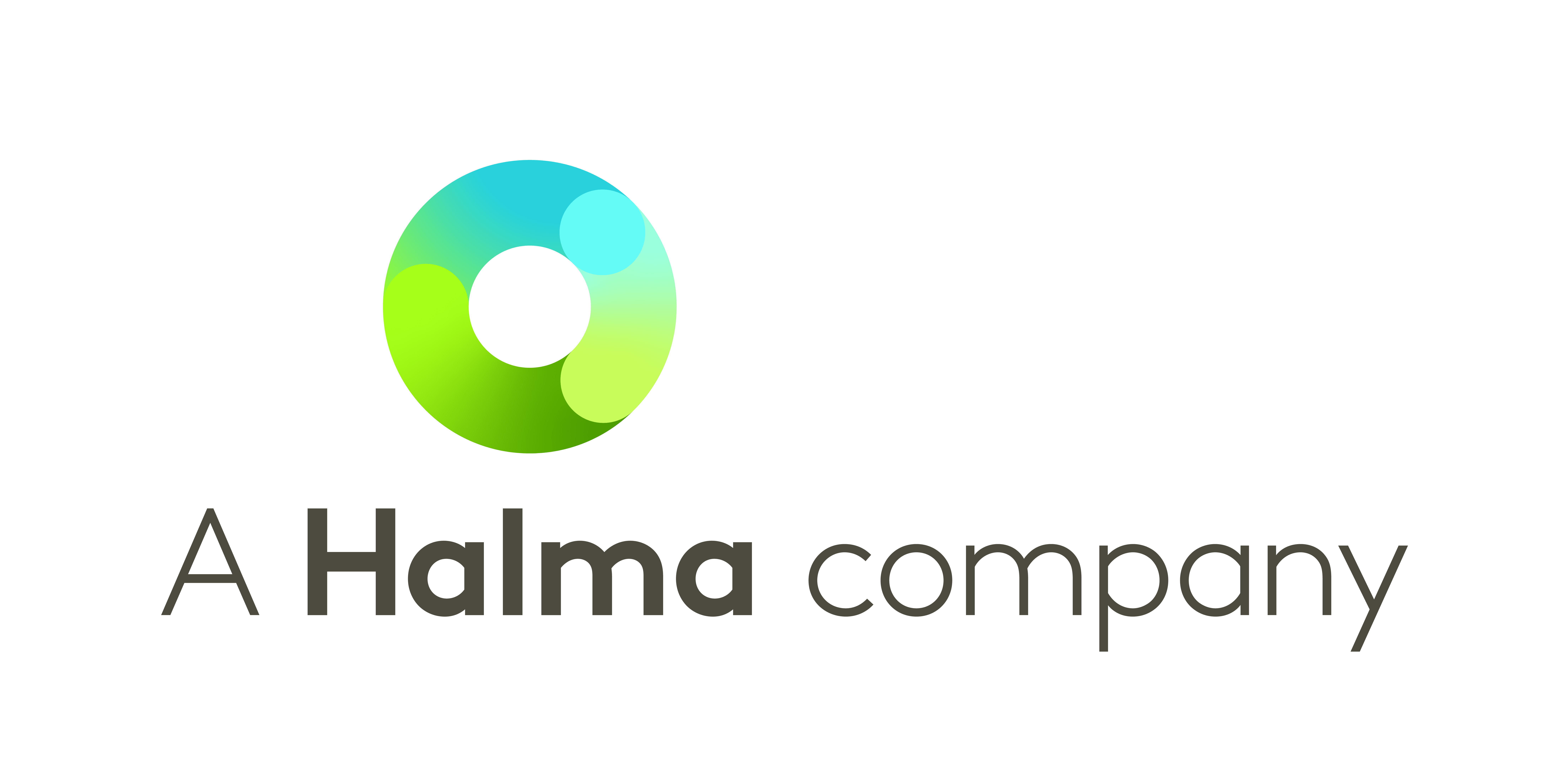
Granular activated carbon (GAC) is a commonly used water treatment technology for removing chlorine and other water quality contaminants from the incoming water used in food and beverage facilities. Chlorine removal is often GAC’s primary function within food and beverage facilities, especially when it comes for water used as an ingredient at carbonated beverage facilities

(Author and credit going to Ms. LeighAnn Diener with Rodem) In this day and age you can get the answer to nearly any question, almost immediately online. Ask Siri, Google, Bing… whatever works for you. In a world of instant gratification and endless online options, it is easy to skip the sales pitch and head

In October 2016, the International Ultraviolet Association (IUVA) published an updated document of UV dose response data. This update included new research from peer-reviewed journals over the past 10 years and includes new data for many common microorganisms of concern in both the municipal drinking water community as well as the food and beverage industry.

by Dan Shaver, September 2016 The issues of water scarcity and the overall decline in water quality in our environment due to pollution have a direct impact on many industries around the world. When it comes to water in our natural environment, the quantity and quality of water available is an important topic for those

Erlanger, Ky. (October 3, 2016) – UV disinfection expert Aquionics will host a free webinar, titled “PMO Guidelines – Creating Pasteurized Equivalent Water with Ultraviolet Disinfection,” for dairy producers at 1:30pm EDT on October 24, 2016. The 60-minute webinar will instruct attendees on the Food and Drug Administration’s 2015 Pasteurized Milk Ordinance, the benefits of

Deaerated water systems are an important component within the brewing process. Common applications include mash water, dilution water and chase water. In these critical applications, it’s important to ensure that all of the dissolved gases in the water source are removed. If the dissolved gases are not removed, off flavours can develop, beer haze forms

by B . Grochowski Both in the municipal drinking water supply and in the food and beverage industry (for ingredient and process water), chlorination is regularly relied upon as the primary means of disinfection. For the municipal water supply, residual disinfection is necessary to ensure adequate disinfection throughout the entire distribution network. As a result

When evaluating UV equipment, it can be quite difficult to understand the differences between manufacturers, technology, and system performance. Since UV equipment tends to last for 15-20 years, many buyers and engineers specifying equipment, may not understand all of the differences, since it is not a product that requires constant reevaluation and replacement. When UV

by B. Grochowski With the rollout of the Food Safety Modernization Act (FSMA), new regulations aim to address food safety issues from a broader perspective than just what is occurring inside of the food production facility. In particular, the new produce safety rule impacts the food industry at the farm level, which creates new challenges

by Allen Bradley PMO controls feature built-in data collection and reporting The new PureLine PQ with PMO controls package from Aquionics provides third party validated UV treatment for the dairy producing industry. The system contains built-in data collection and reporting compliant with the Food and Drug Administration’s 2015 Pasteurized Milk Ordinance guidelines. PMO guidelines approved














 沪公网安备 31011202013557号
沪公网安备 31011202013557号